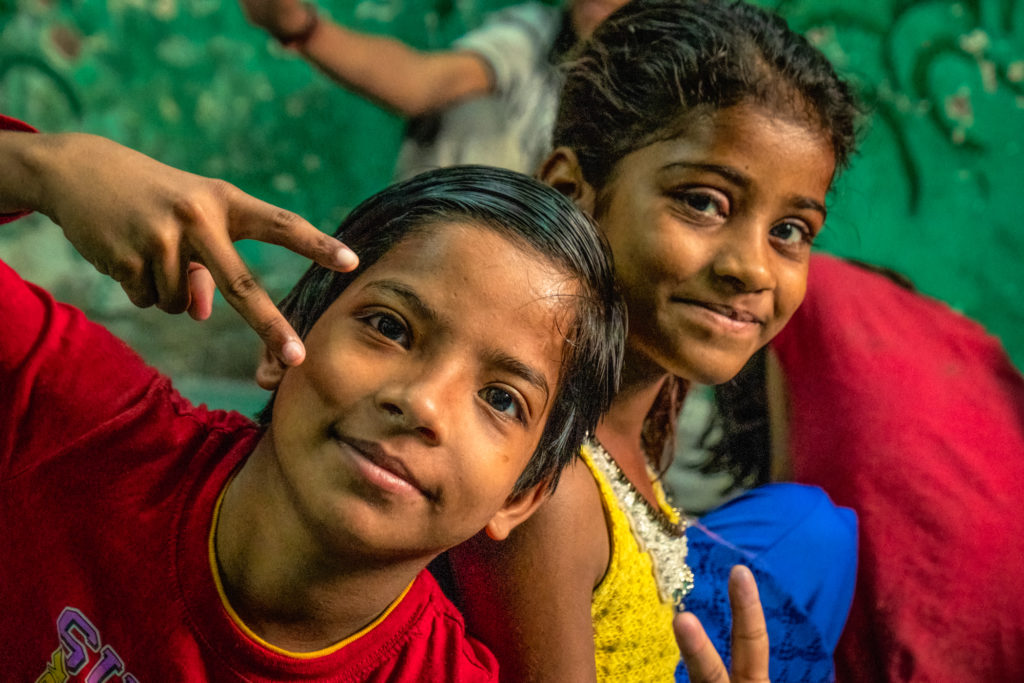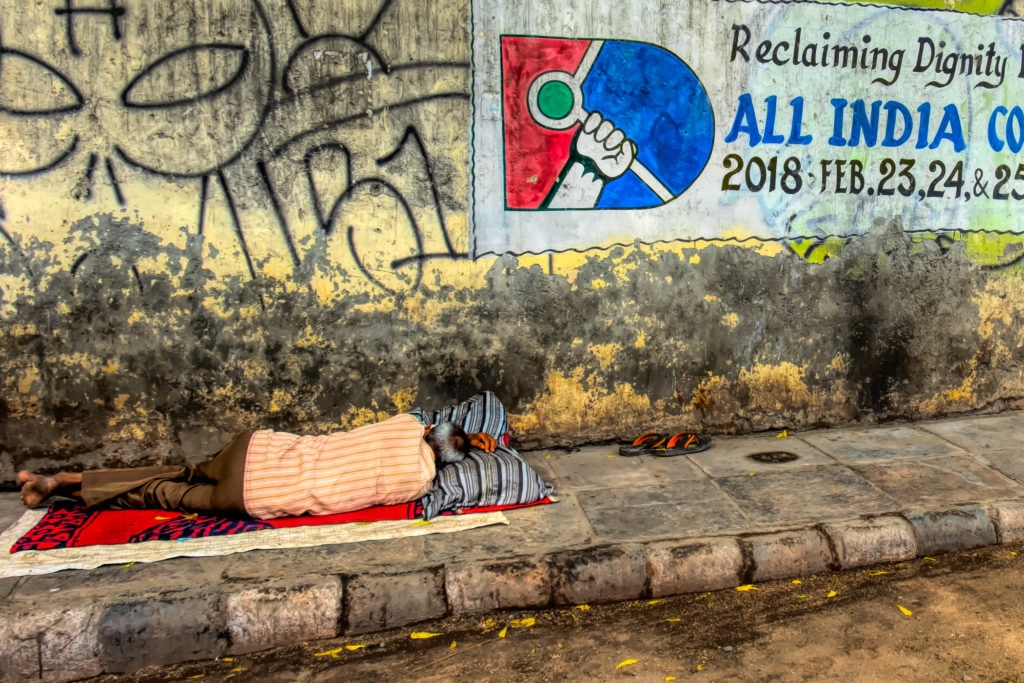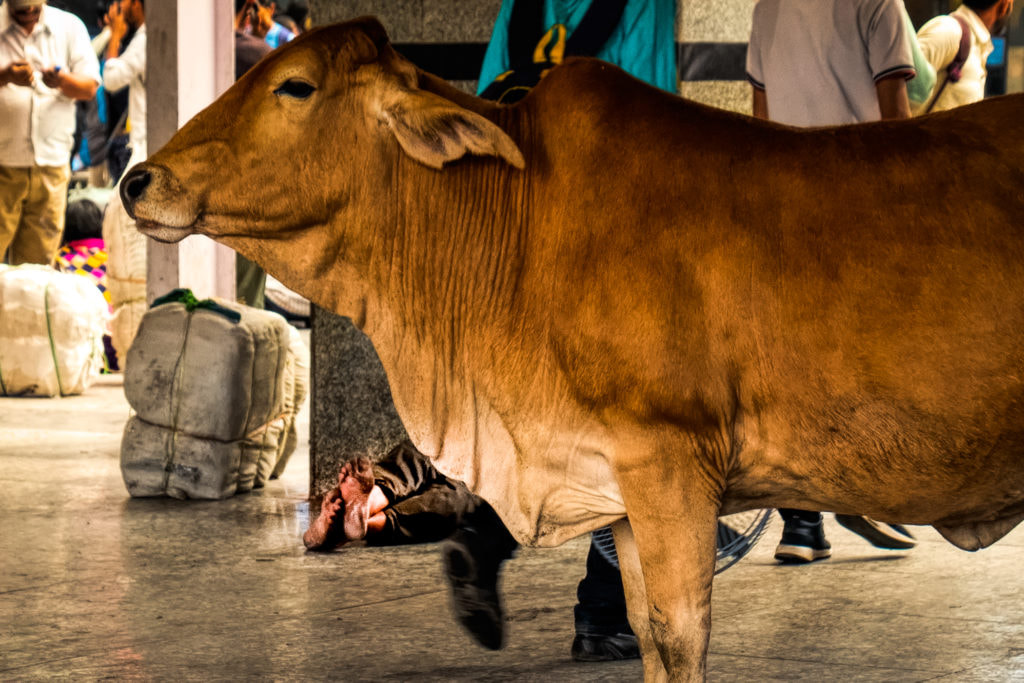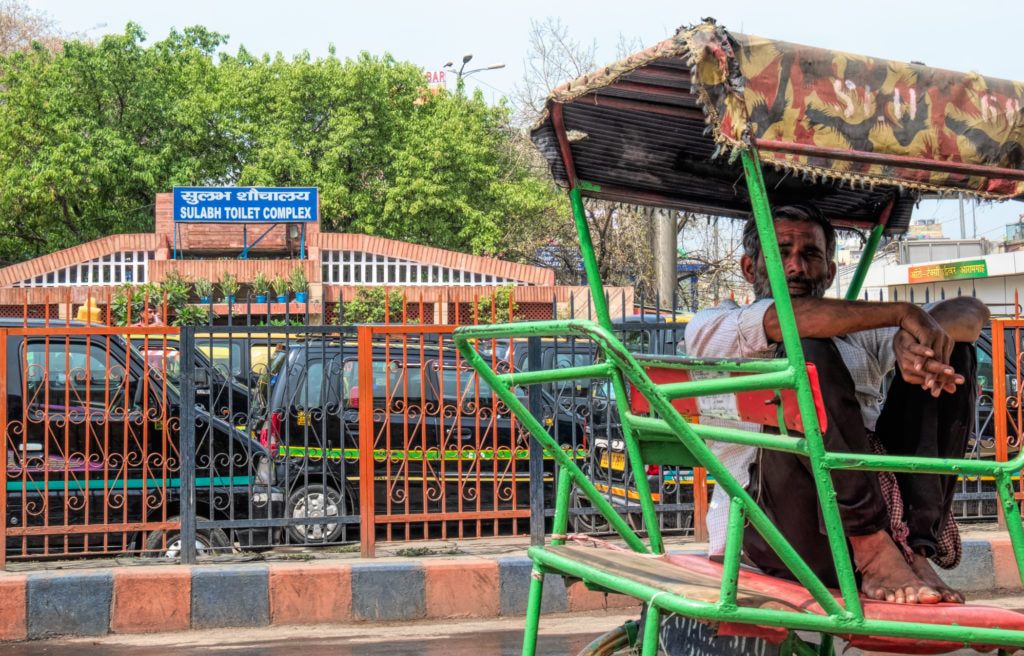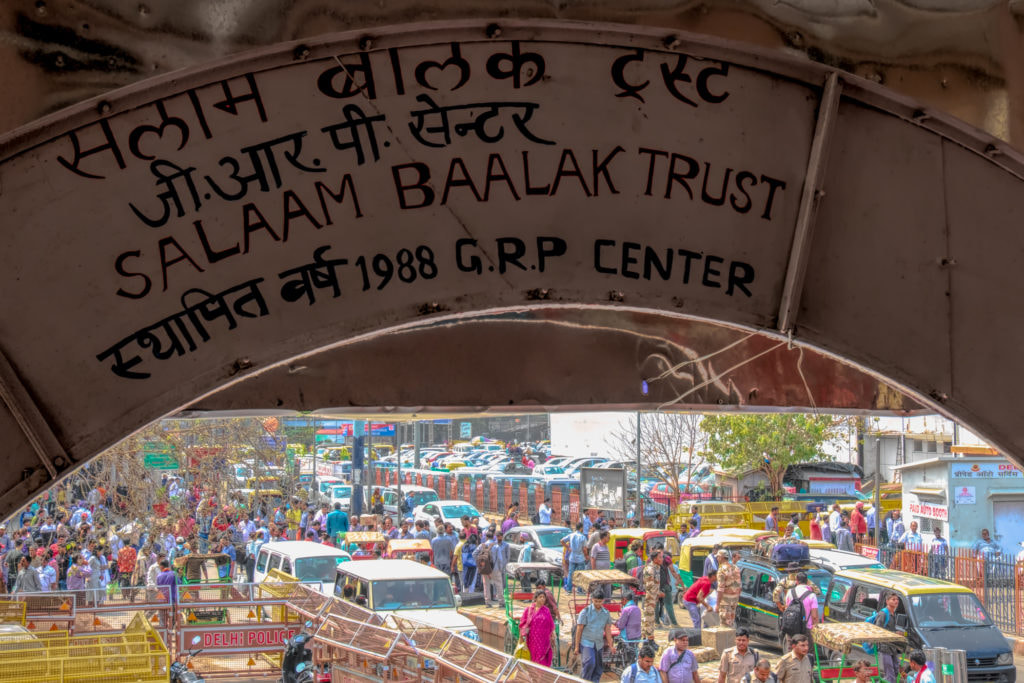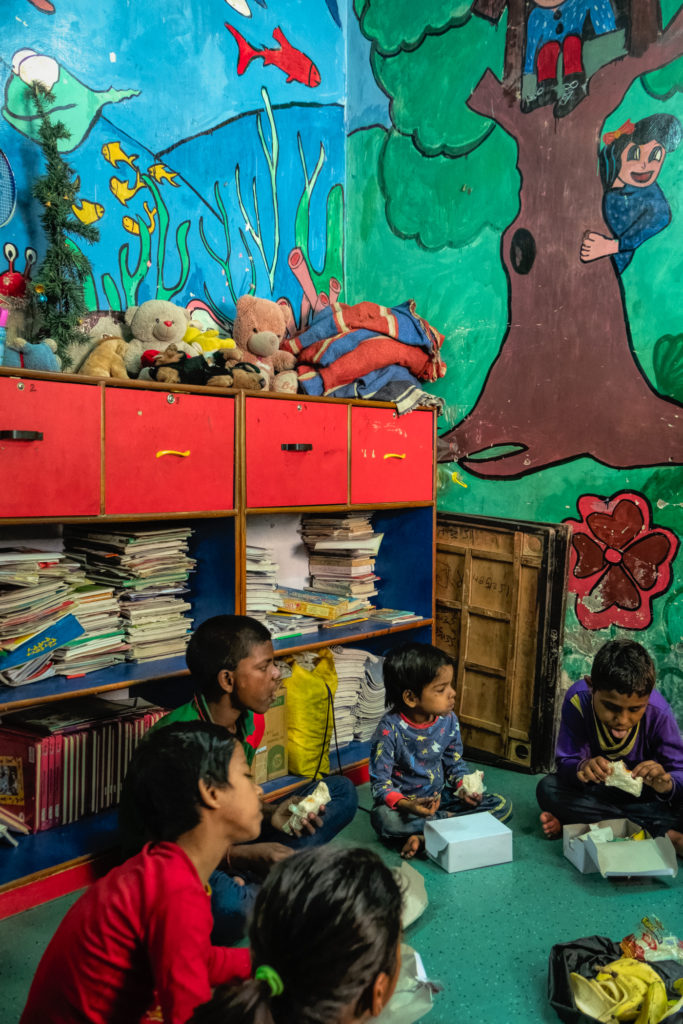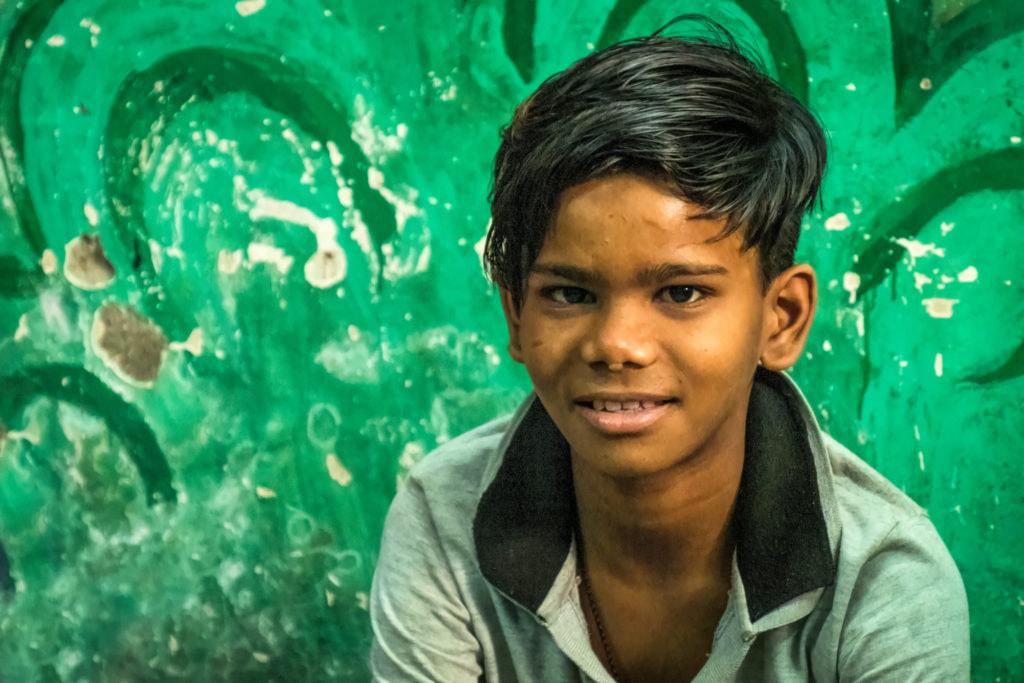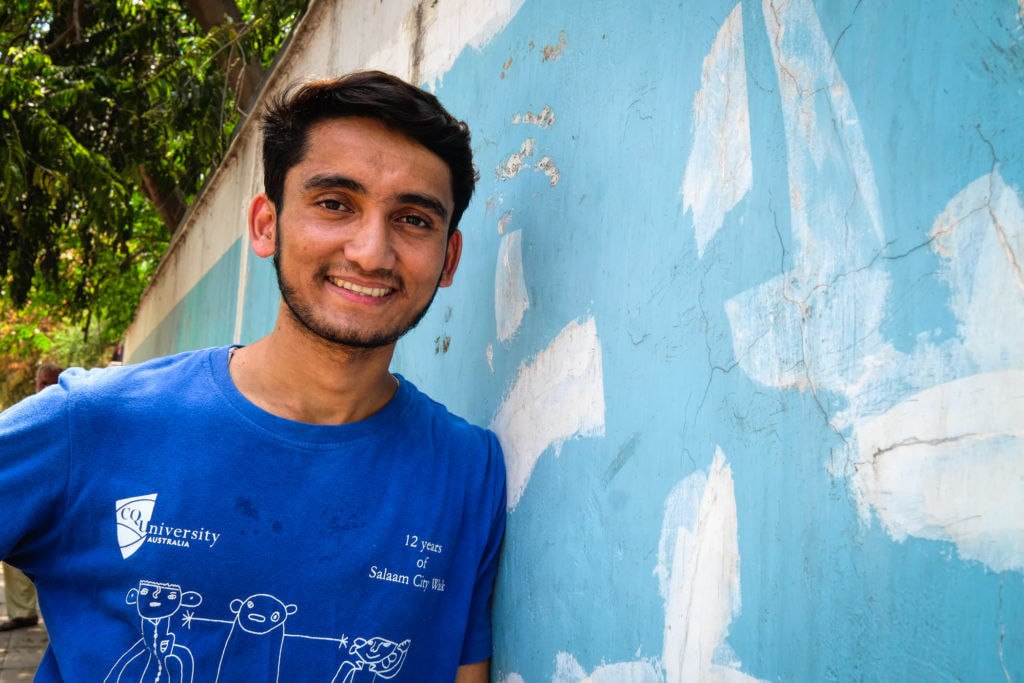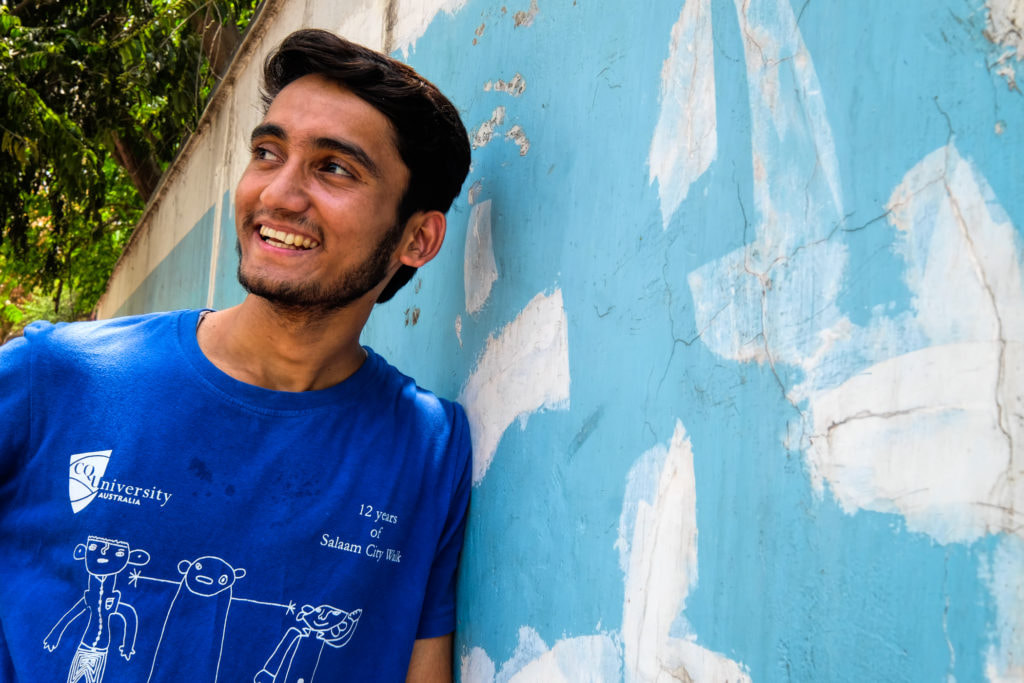|
Sit back while I tell you the story of Devanajari (Deva), a street kid of Delhi. Nepal, the home of soaring mountains, mystics and wandering yogis is where this saga begins. Deva was one of three children living with his parents in their traditional Nepalese home, nestled in the rural lowlands. The backdrop to his mud brick dwelling was the soaring Himalayas. The Himalayas make up 80% of the land mass of the country. Mt. Everest, the tallest mountain in the world, is their crown jewel. Deva’s home was situated in the fertile valley, at the base of the southern Himalayas. As with all typical Nepali households, everyone worked. Deva and his younger brother tended to their two goats and a handful of chickens, while his older sister helped with the cooking and cleaning. None of the siblings attended school. His father cultivated a small farm, while his mother worked in a rice paddy. One typical morning, Deva and his brother were tending to the animals and his sister was preparing a meal in their makeshift kitchen. His father was already out in the fields, while Deva’s mother was outside collecting firewood. Unbeknownst to Deva, his life was about to be shattered by a blood curdling scream. As his mother was gathering wood she was bitten by a venomous snake. The children ran to her side, helped her back to the house where they tried to make her comfortable as best they could. Not all snake bites, even from a venomous snake, are lethal, however this was not the case for Deva’s mother. By nightfall she was dead. The family was devastated by their loss, especially Deva’s father. He had no idea how to raise three children on his own. Upon hearing of his loss, Deva’s aunt sent a letter to her brother instructing him to move to Mumbai. She had moved to Mumbai three years earlier. She was willing to share her humble home and help raise the children, while he found work and a home of his own. Feeling he had no option, he uprooted his family from their Nepalese village, the only home they had ever known. Mumbai was a stark contrast to the lush green valleys of Nepal. Deva’s first encounter with the big city was scary, yet somehow exhilarating. The now family of four, settled into the cramped quarters of his aunt’s home. Deva’s father never recovered from the loss of his wife. Overwhelmed by city life and the struggle to find work, he began to drink. Deva, now 9, was seduced by city life. While adjusting to his new life in Mumbai, he heard fantastic stories of the gleaming capital of India, Delhi. The tales of Delhi were wildly exaggerated, filled with adventure and endless opportunity. Deva was headstrong and overly confident, a recipe for disaster for a 9 year old boy. He became frustrated with his father and their cramped living conditions. Growing restless with his situation, he became convinced he could do better on his own. Without any word to his family, he hopped a train illegally, to what he thought would be a promising new life in his nation’s capital. With images of great riches dancing in his head, he arrived at the dank train station in Delhi. His plan? What plan? There he sat alone and scared in a foul corner of the station. He watched throngs of people pass by, some with destinations, others, like him, aimless. He noticed bands of children, like ants, scurrying from one point to another. They seemed to have an objective. He was determined to find out what that was. The children, he carefully studied, were a handful of the lost children of Delhi. On average, there are between 70 - 80 children that arrive daily in India’s capital. These children are runaways, all escaping difficult and dangerous situations, all in search of a better life. This band of lost children Deva watched were about to become his new family. These runaways taught Deva how to survive on the street. He was first shown where to safely sleep. At night the children would huddle together on scraps of cardboard, in a quiet nook of the station. The next lesson he learned was plastic equaled money. 1 kilo of plastic = 22 rupees. This translates to approximately 2 pounds of plastic = 30 cents. He quickly mastered the art of plastic picking. That money was usually spent on food, however not always. In place of food, at times money was spent on a movie ticket. In the dark recesses of a theater the children would sit quietly, undisturbed and sniff glue or white-out, to momentarily numb the pain of their ill-fated lives. Deva spiraled down that same hopeless path. This was his life for almost two years. Just as his life’s circumstance was quickly shattered the day his mother died, his current way of life was about to take another dramatic turn. One day, during his normal scavenger routine, a man approached him. Deva was filthy and scrawny. The man asked where Deva’s family was. Deva starred blankly into his eyes. The man then said, “Come with me.” Frightened, yet hungry, Deva followed with great hesitation. He was brought to an office not far from the train terminal. It was located on the third floor, next to the police station. Upon his arrival, he was fed. Still distrustful, he was ready to bolt the moment he felt threatened. His young body was fatigued and worn from living on the streets. Being fed and cared for felt luxurious, something he could get used to. He learned the man that picked him up at the station worked for an organization called Salaam Baalak Trust (SBT) Salaam Baalak provides a safe environment for the children rescued from the streets. Since 1988 they offer quality education, nutrition and healthcare for the lost children of Delhi. Deva needed time to develop trust for his rescuer and SBT, and eventually, that trust built. He began classes in the third floor walk up at SBT. Along with his daily studies he also learned about sanitation and nutrition. As time passed, he grew stronger, healthier and more interested in his studies. He slowly worked his way through SBT education program. He flourished while there, a striking difference from the disheveled eleven year old boy that was picked up at the rail station years earlier. Today, as part of Salaam Baalak outreach program, guided city walks are provided. For a mere $5, a former street kid will escort anyone interested through the dingy back alleys of Delhi. The same streets that Deva once called home. The guide explains life on the streets for a child and the assistance Salaam Baalak provides. I took one of SBT‘s city walks and Deva was my guide. I am not telling you this story for you to support Salaam Baalak https://www.salaambaalaktrust.com/who-we-are.php. That’s up to you. However, I am telling you this story because life isn’t always what it may appear to be. Circumstances sometimes happen beyond anyone’s control, where you are delivered to a situation beyond comprehension. There are many compelling stories of life on the street. All I ask of you is to hold a compassionate ear and an open heart to each and every one of those stories. Listen without judgement. Salaam Baalak Trust rose out of the 1988 Indian movie, Salaam Bombay, chronicling the day to day life of children living in the slums of Bombay. The writer and director, Mira Nair, deeply moved by the lost children’s horrific story, started the organization. The movie Salaam Bombay was the precursor to the Academy Award winning film Slumdog Millionaire. Because of Mira Nair’s connection to the movie industry, a street-based Theatre Action Group was formed teaching the street children all aspects of the arts. Scholarships are awarded to a few graduates each year that have successfully completed the program. The success stories of these children are numerous. The professions of some graduates are impressive, ranging from photographers to engineers. Since 1988, SBT has cared for and protected more than 80,000 children. These children are lost no more. Deva is now 19 years old. He sent for his brother in Mumbai, who now lives with him in Delhi. His sister is married and living in Mumbai. His father still struggles. Today, Deva escorts visitors on daily SBT city walks. He teaches his brother about life and is focused on getting a scholarship. Deva aspires to become an actor.
As in all good Bollywood movies, this is Deva’s happy ending...or is it just the beginning? Live in color, Abby
0 Comments
|
MUSINGSAn image alone sometimes feels insufficient, that’s where Musings come in. A space where words and images come together to tell the story. MAILING LISTI promise not to sell, rent, or share your email address with anyone. Ever.
ARCHIVES
July 2024
|
